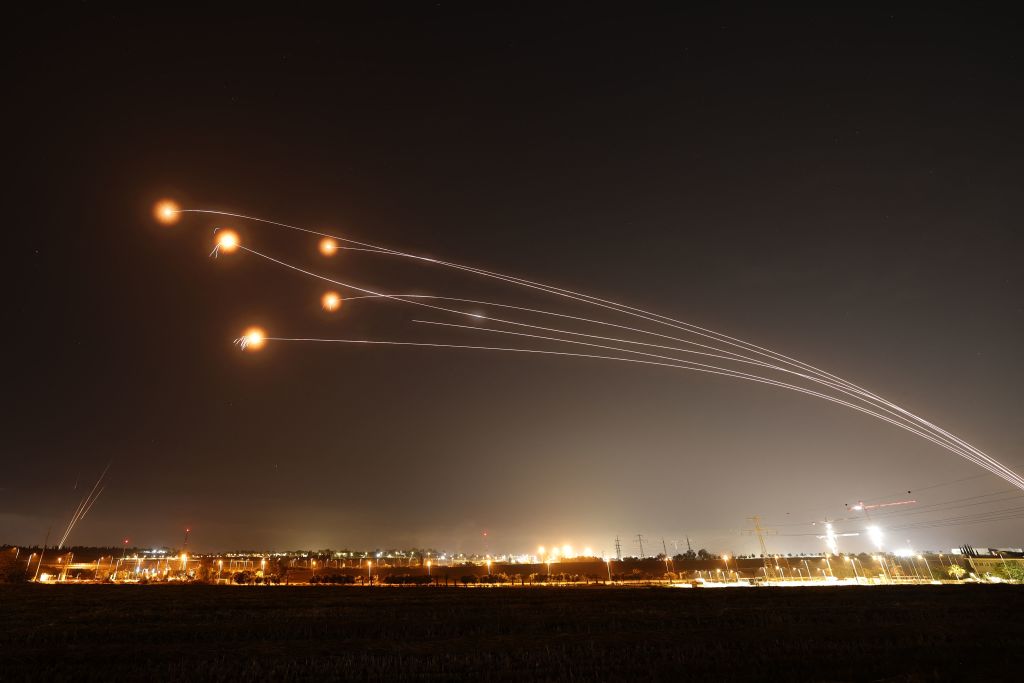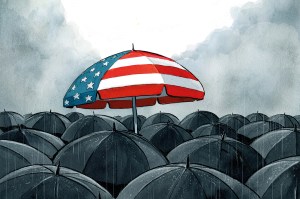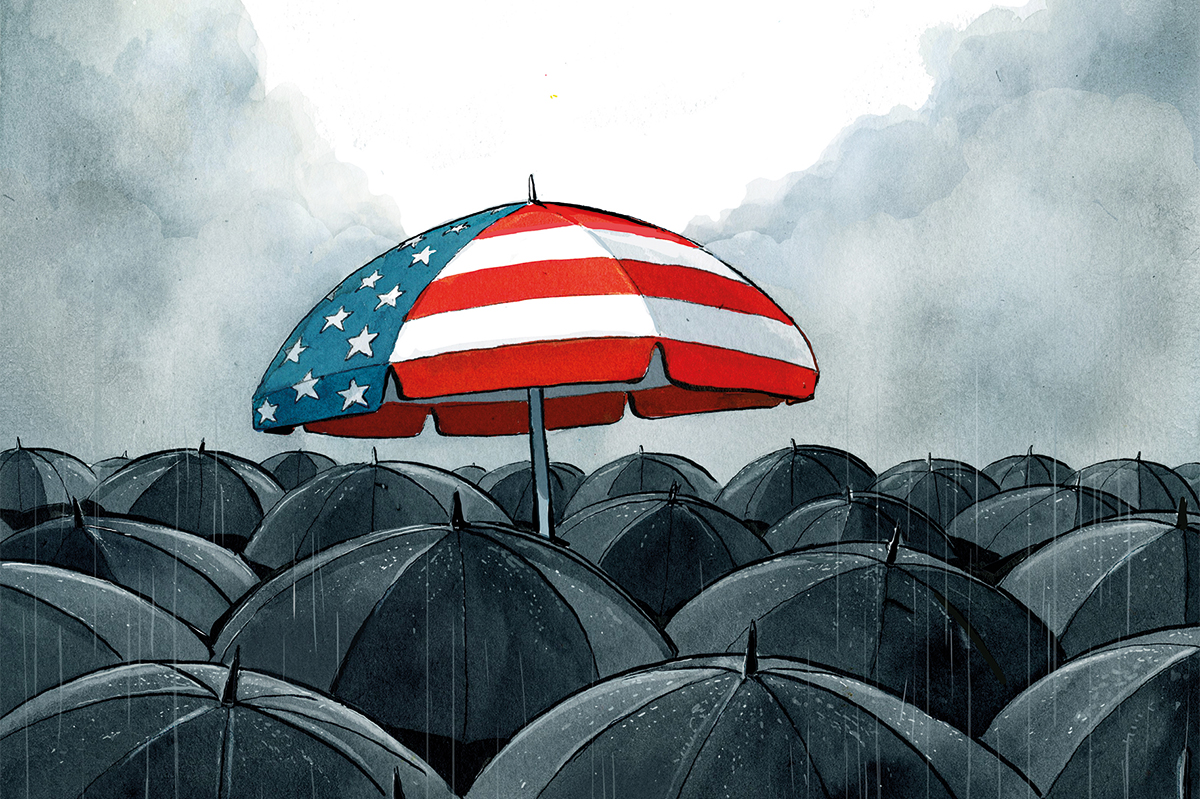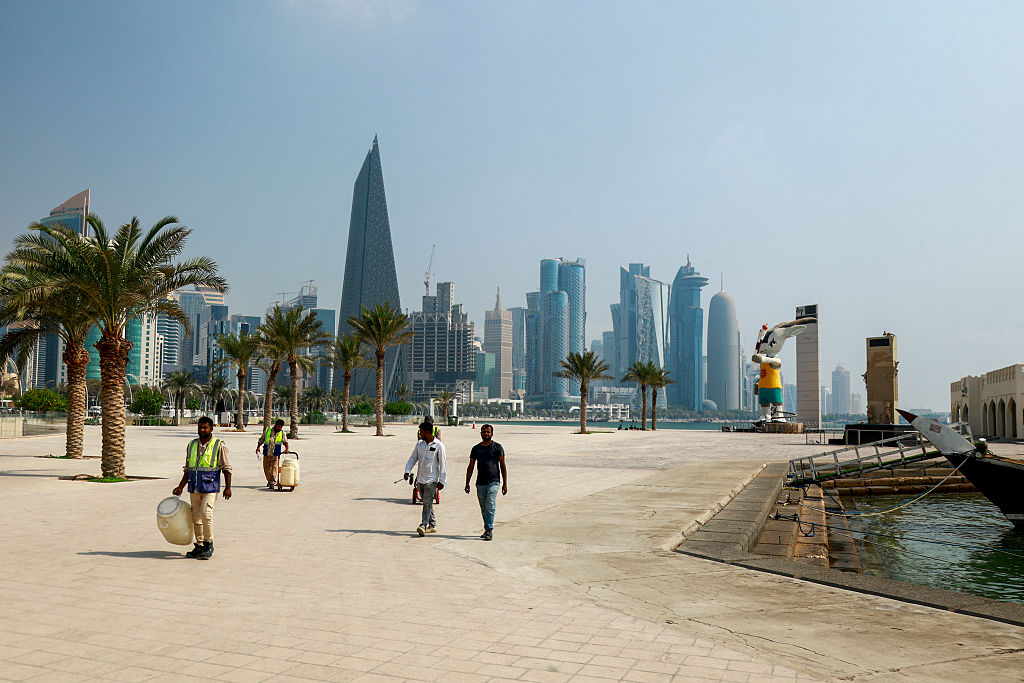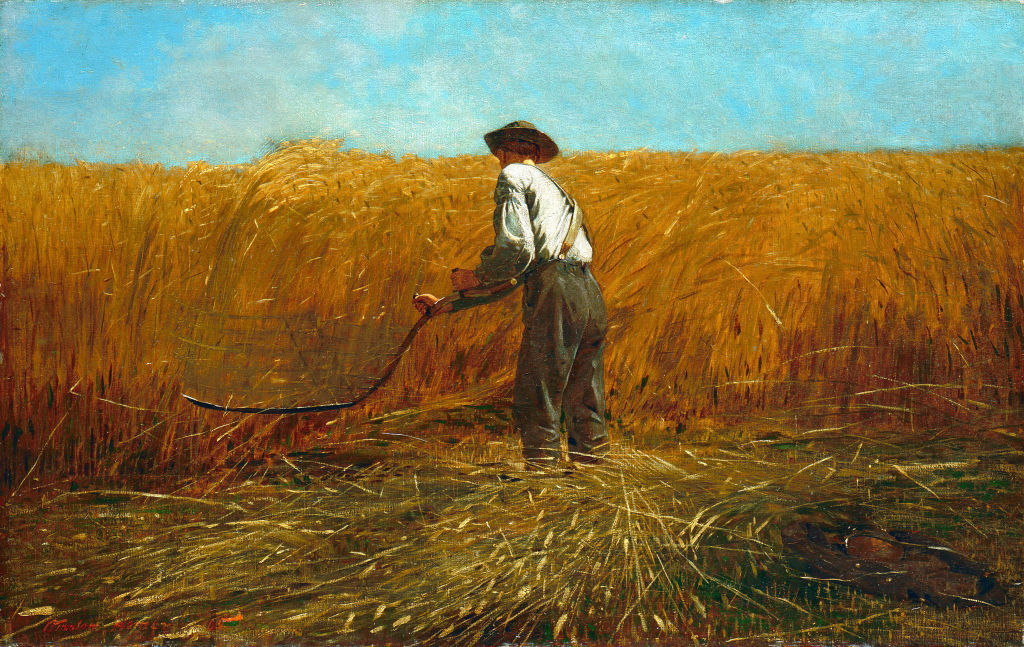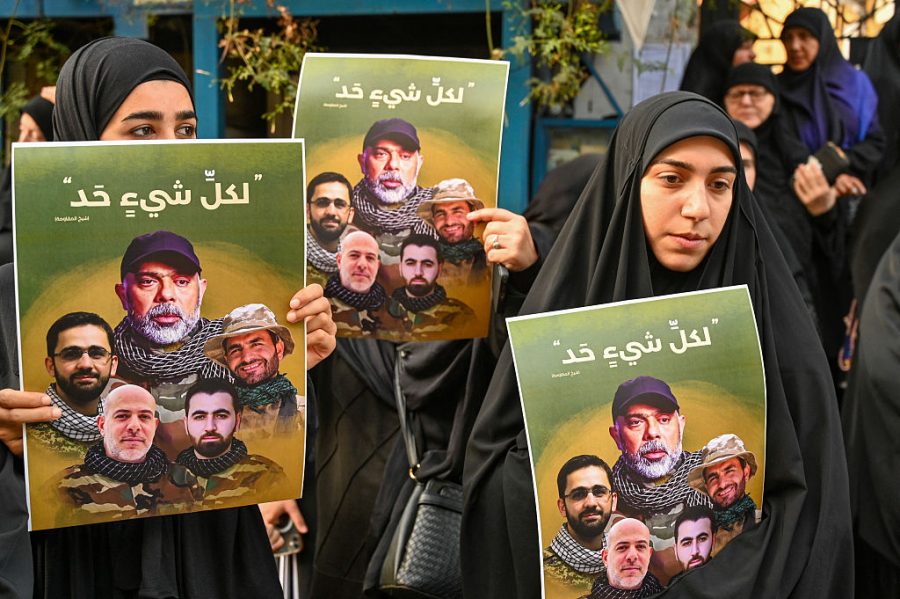His name was Abdullah Abu Jaba and I want you to remember it because it’s the last time you’ll hear it. He was a Palestinian from Gaza, reportedly a father of six, and was killed in the latest clashes between Israel and Palestine Islamic Jihad. You haven’t heard of Abu Jaba because he was an inconvenient Palestinian, one who cannot be held up as the latest victim of Zionist aggression. Pictures of his weeping widow and confused children will not fill your social media timeline. Major media outlets will not compete to tell human interest stories about how he played with his children or how his family will cope without him. No US congressmen or British Members of Parliament will demand justice for him.
Because Abu Jaba was not killed by Israel, but by Palestine Islamic Jihad. He was a laborer, working on an agricultural building site near Shokeda, a tiny Israeli village near the boundary with Gaza, when a PIJ rocket strike hit on Saturday. He was not protected by Israel’s Iron Dome missile defense system which only targets rockets heading for populated areas. Abu Jaba and a number of other men were working in a remote field despite an evacuation order issued by the Israeli army. A father will take whatever risks are necessary to put food on the table. Abu Jaba was thirty-four, his eldest child is said to be eleven.
He was one of the 18,000 Palestinians from Gaza who go to work in Israel every day. His brother, Hamad, is another. Hamad was seriously injured in the same attack. Israel’s defense ministry has recognized Abu Jaba as a terror victim, meaning his widow and children will receive the same compensation payments that go to Israeli families bereaved by terrorism. Palestinian guest workers in Israel can encounter suspicion, hostility and racism. It’s a relief, albeit a small one, that the Jerusalem bureaucracy will do right by Abu Jaba’s loved ones.
Abu Jaba is not the only inconvenient Palestinian. Among the civilian casualties recorded in the past week were Palestinians Ahmed Muhammad a-Shabaki (fifty-one), Rami Shadi Hamdan (sixteen), Yazan Jawdat Fathi Elayyan (sixteen), and Layan Bilal Mohammad Abdullah Mdoukh (ten). Each is believed to have perished after Palestine Islamic Jihad rockets fell short and dropped inside Gaza instead of Israel. They join other inconvenient Palestinians, such as the fourteen Gazans — half of them children — killed by misfired Palestinian rockets last August, and Mahmoud Abu Asabeh. Abu Asabeh, a Palestinian working in Ashdod, was killed in 2018 when a rocket from Gaza hit his apartment building. He was forty-eight and had five children.
Palestinians are killed in Israeli air strikes, too. These Palestinians are also parents and children, and while there is no moral equivalence between lawful self-defense and terrorism, death is death. The difference is that Palestinians inadvertently killed by Israel quickly become faces of the conflict while you have to turn to page twenty-seven and scan another dozen paragraphs to learn about Palestinians killed by Palestinian terrorism. The practitioners of this double standard want the world to see the Palestinians but they themselves can see only symbols, and Palestinians who lack symbolic value are of lesser interest to them. Some Palestinians just aren’t Palestinian enough for pro-Palestinians.
Western progressives aren’t alone in seeing Palestinians as symbols. To their political and paramilitary leaders, the Palestinians are archetypes, emblems of resistance and emblems of victimhood, their deaths peddled as martyrdom for the domestic audience and ethnic oppression for gullible CNN producers. Palestinians who fit into neither category lack instrumental value and may even prompt unhelpful questions about a leadership which has consistently failed its people.
So while it is tempting to see Abdullah Abu Jaba’s death as a symbol of Palestinian self-sabotage, his story was his own: that of a husband and father who worked hard for his family even as the world blew up around him. But it wasn’t enough. He needed to be someone else’s story and his death to bear a meaning it could not support. Because it couldn’t, Abu Jaba will quickly be forgotten like all the others who could not be made into symbols. He was an inconvenient Palestinian.
This article was originally published on The Spectator’s UK website.



